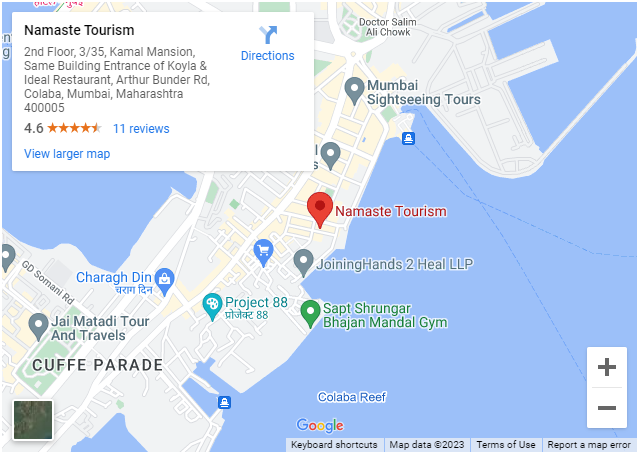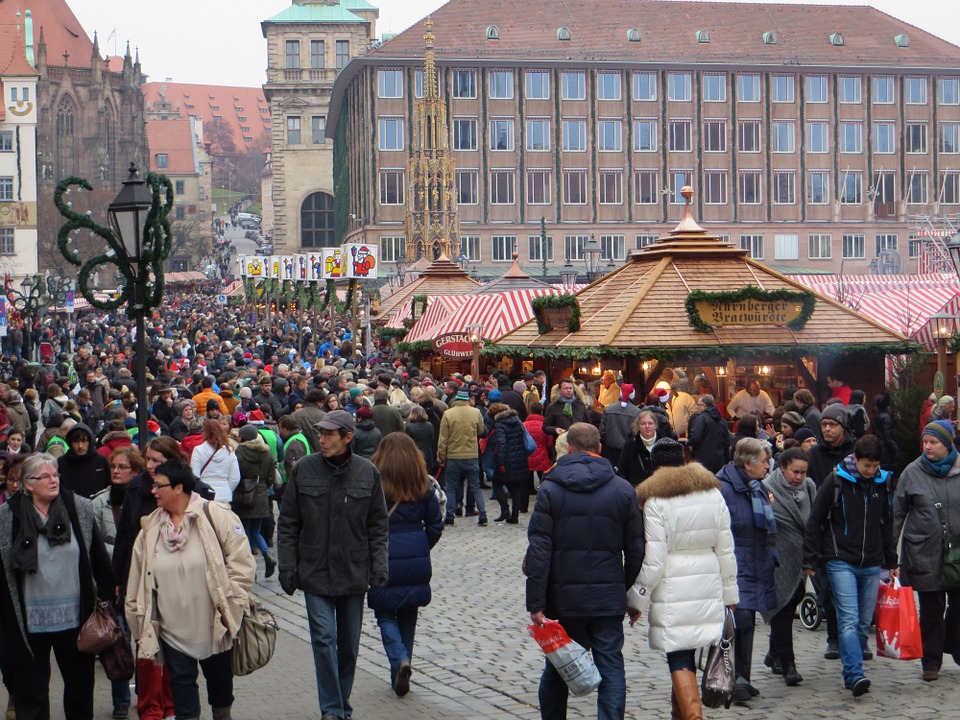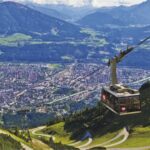OVERTOURISM – if not curbed can lead to catastrophic consequences
Overtourism is a phenomena when there are excess visitors to a particular destination which adversely impacts the lives of local residents, hosts, business owners and also the experience of the tourists. With global tourism booming at an unprecedented pace and with social media around, a lot of places are facing the gravest challenge which was least expected when they welcomed tourists with open arms – OVERTOURISM. Congested roads, excess noise, over commercialization, rent prices and hotel rates going up are some of the serious challenges.
As Mumbai gets ready to welcome hoards of tourists, now that Mumbai is going to be a major cruise hub as well, already we are facing the aforementioned challenges due to excess congestion and poor planning, so one can imagine what will be the plight of certain areas once the tourism will double from current numbers in the next 5 years. In Colaba, which has the iconic Taj Mahal Palace Hotel and the Gateway of India, which is a must visit for any tourists, already we are seeing at present excess crowds, congested roads with vehicles double parked, no sidewalks for pedestrains as the same are usurped by illegal hawkers along the Colaba causeway, one can only dread to expect the worst when the large cruise ships dock in Mumbai bringing in thousands of passengers in one go.
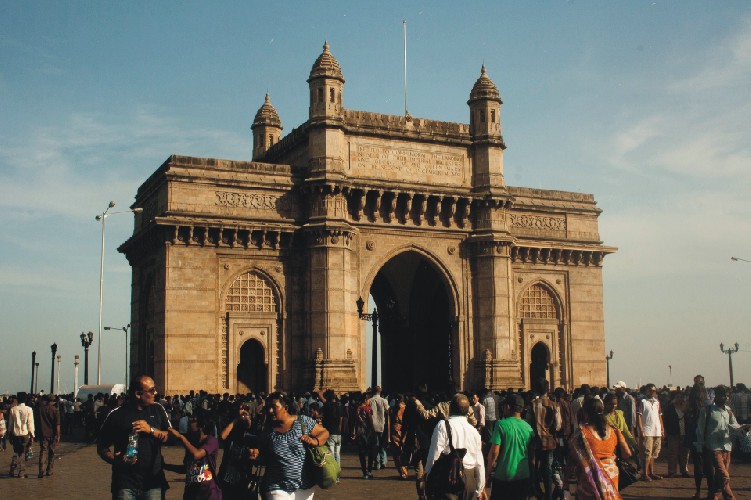

Try to visit the Eiffel Tower in Paris or the Colosseum in Rome or even step on the Charles Bridge in Prague during peak tourist season and you will realize how a beauty of some of the popular icons is marred with excessive crowding. You end up spending almost 40% of your valuable time that you have taken out for your holiday in queues just to get to the “must-see” now “over-crowded” places.
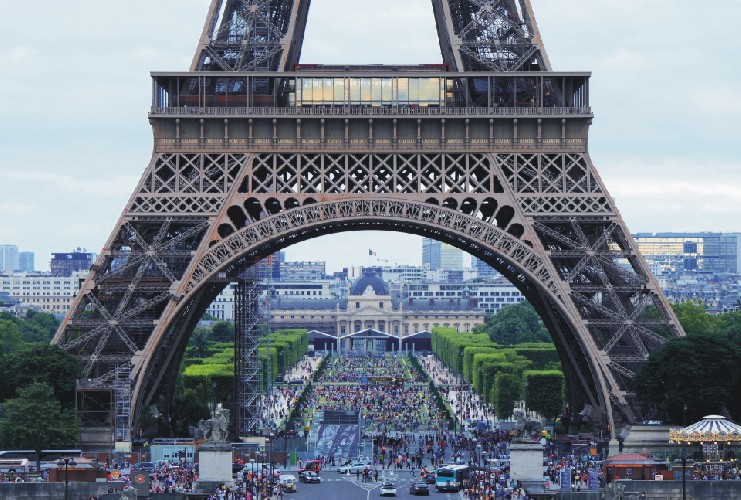



If not controlled, overtourism leads to a serious law & order situation besides adversely impacting the environment in a big way. There is garbage strewn around, noise pollution, air pollution, chaos along with petty crimes such as pickpockets or thefts making the city unsafe. If there is an emergency, will the emergency relief vehicle ever be able to come close to the aid of those impacted is anyone’s guess.
In global cities like Prague, Barcelona, Venice, Dubrovnik, over tourism in peak times has lead to excess abuse of a region or a place and the locals simply wish to leave and travel elsewhere to be away from the nuisance they have to face during peak times.
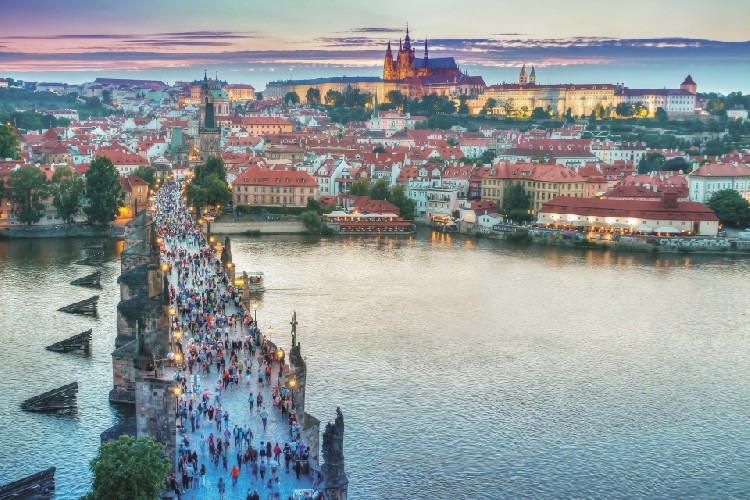

On the other hand, some have tried to make a quick buck due to various aggregators who have encashed – The Airbnbs and Ubers of the world have added to the chaos as residential localities are now invaded by commercial set ups in their building or area as the prime tourist areas burst at its seems and if you do end up having the wrong person as your neighbor with not the best intentions, this could turn into a major security issue in the long run. No wonder, some of the conscious citizens in some cities have started addressing their local authorities and you will find in some of the global cities, graffiti inscribed on the walls of tourist districts “Tourists not welcome” or “Tourists go home”. Have you not heard of friends who have been to some of the islands of Greece such as Santorini during peak months coming back with stronger memories of traffic jams, long queues and chaos all around rather than appreciating the beauty of these islands.
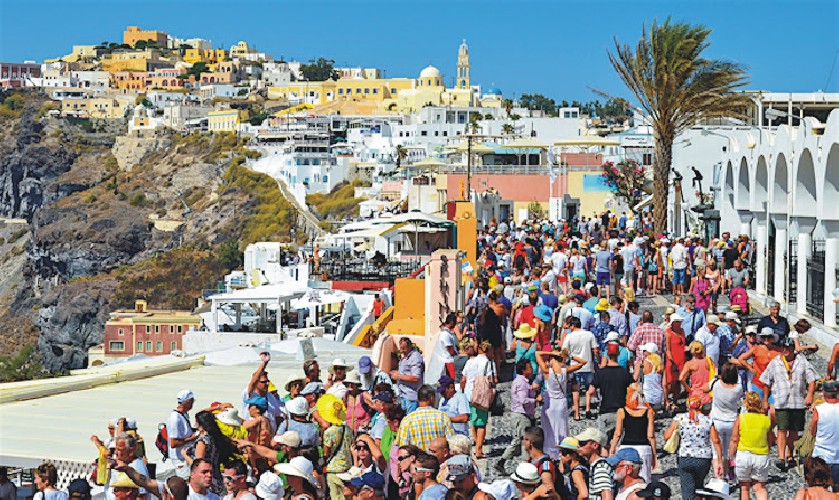

Even cruise ships bringing in thousands of passengers to visit the prime tourist areas only benefit a few commercial ventures but in the long run may add to the nuisance value of the city. This in turn leads to over commercialisation and abuse of limited resources which also grossly impacts the environment.
How to counter overtourism?
The mantra at Namaste Tourism for 2020 is “TRAVEL RESPONSIBLY” and how do you go about doing this?
Instead of visiting Japan during cherry blossom festival, you could perhaps plan a trip in Autumn which is equally beautiful and relatively less crowded. You need not pay three to four times more than the normal price. Instead, you may experience cherry blossom in South Korea which can come at a fraction of a cost and still give you a wow experience.
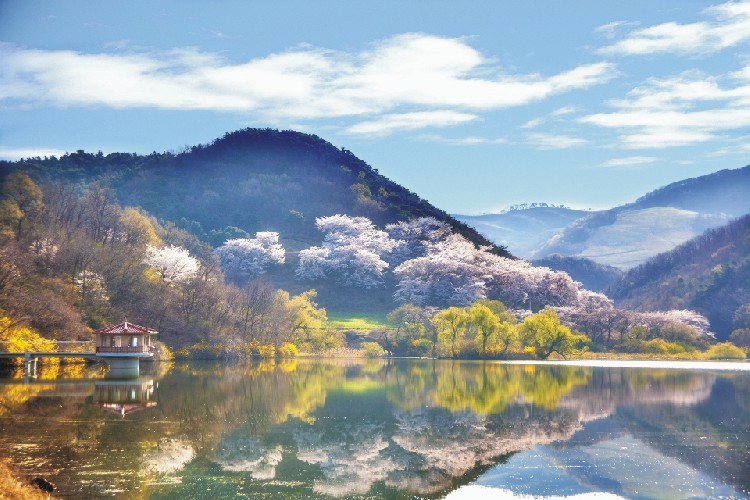

Avoid Europe during peak summers and look at exploring new places such as Baltics or even countries in Scandinavia or the Nordic region.
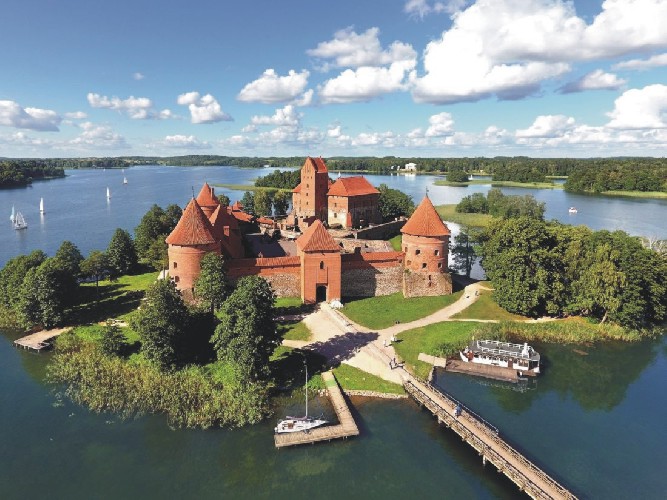

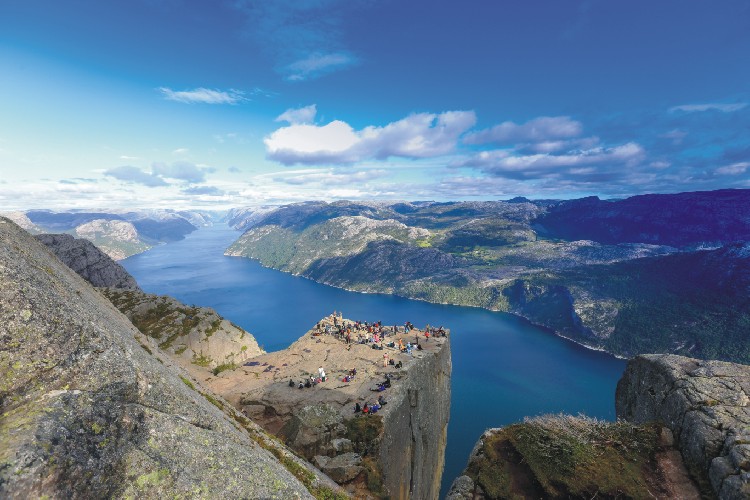

Instead of frequenting the most instagrammable destinations, create your own footprints by exploring the less explored and be the first one to instagram pictures of a new region, city or attraction. Thus you can play a pivotal role in encouraging visitors to visit the lesser known places and contributing to the economy leading to local employment in a responsible manner. Instead of staying in an apartment in a residential quarter disrupting lives of many, why not stay in a pueblo or rifugio or a pousada or paradores – something local and authentic where you are welcomed by the locals, visit a local restaurant or a locally owned guesthouse, travel in small numbers thus enabling you to have a more impactful connection with local people and an authentic holiday experience.


Government and local authorities can play a role where they sense that tourism is growing uncontrollably by limiting tourism numbers in such areas through special permits. Places like Bhutan or even Gorilla Treks in Uganda or Rwanda are examples where tourism is monitored in a responsible manner. Limiting cruise ships beyond a certain capacity are some of the possible solutions.
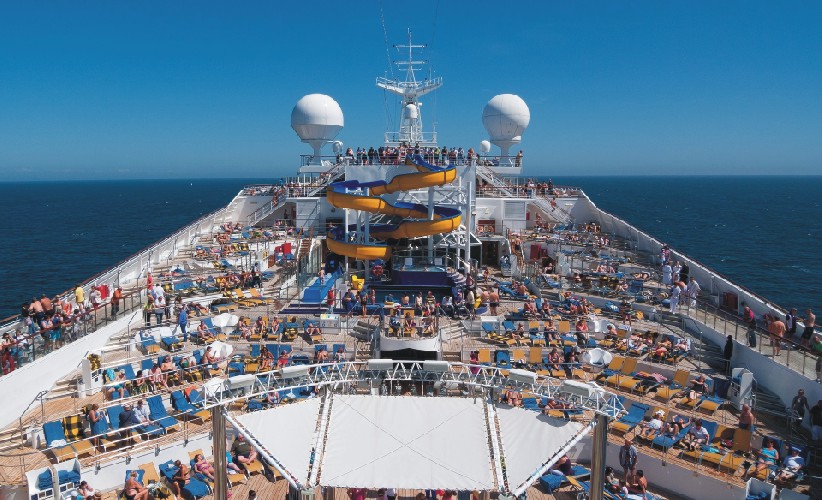

As a responsible traveller you can contribute in countering overtourism by visiting off beat places in low season or shoulder season.
Here are some destinations worth considering for your travels in 2020 – Experiential Holidays 2020
To counter overtourism, remember –
OFF BEAT is in and OFF PEAK is in – TRAVEL responsibly!
Post a Comment
You must be logged in to post a comment.

